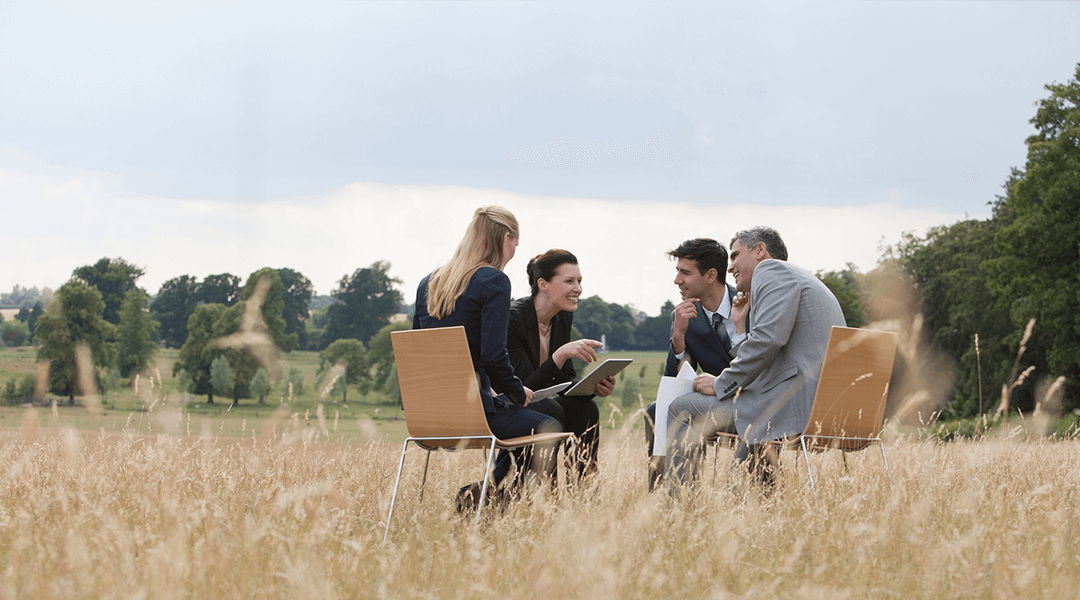Moderation & Mediation: Strategies for successful conflict resolution and communication
The primary work of the facilitator is often done in silence, and to the untrained eye it may look as if the facilitator is not doing anything at all.
Dale Hunter „The Art of Facilitation“

5P facilitators are specialists in dialog, cooperation, development and change and in the methods that underpin them.
Their task is to support everyone involved through the way they shape the process in order to enable them to use their shared know-how and (creative) potential to get to work on the topics in question.
In the process, 5P facilitators take on numerous roles: They are hosts, experts for processes and methods, sometimes also experts for the specific subject-matter, observers, feedback providers, they provide structure, they are coaches, project managers and much more. They are responsible for ensuring that teams and groups find the perfect setting in which to concentrate fully on their topics.
Together with you, we design a clear and supportive setting. During the process, all participants can rely on the facilitator to maintain this framework and to bring in methods and tools that are situationally supportive, that open perspectives, promote dialog, drive the process forward, provide structure, and sometimes surprise you, in order to advance your ideas, solutions, and concrete results.
Our motto is “Form follows Function”
We do not follow any one single school of thought, but use proven methods from a range of different areas in order to provide you with the best possible support for your topics: Large group facilitation, classic facilitation and workshop design, agile formats, design thinking, liberating structures, storytelling, project management, systemic thinking, online, face-to-face, survey tools.
Our method toolbox is well stocked. This is what you can expect from 5P facilitators:
- Positive energy for your topic, focus on the future.
- Showing presence when needed and the ability to take a step back when the activity of the group is what matters.
- Structured process planning and the flexibility to adapt it or abandon it according to the situation.
- Careful observation and a trained antenna for focus, tension, needs, for things that remain unspoken, the energy of the participants, in the group and in the process.
- Methodological diversity to open up and bring together, provide structure and let things flow, to reflect, to mirror, to encourage dialog, to inspire creativity, to plan implementation.
- Astute questions
- Clear communication of one's own roles, impartiality
